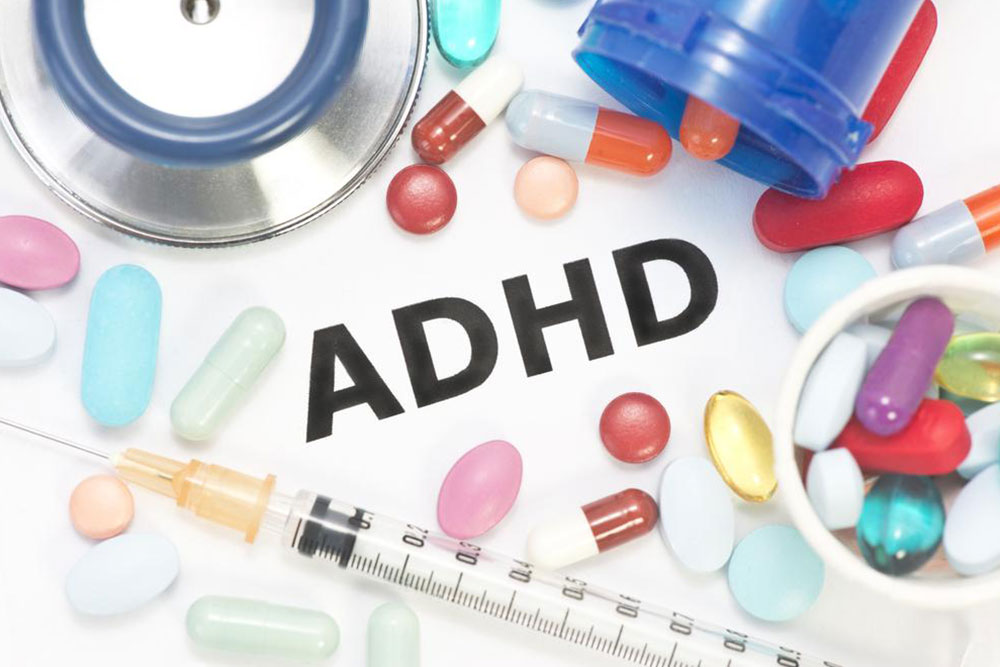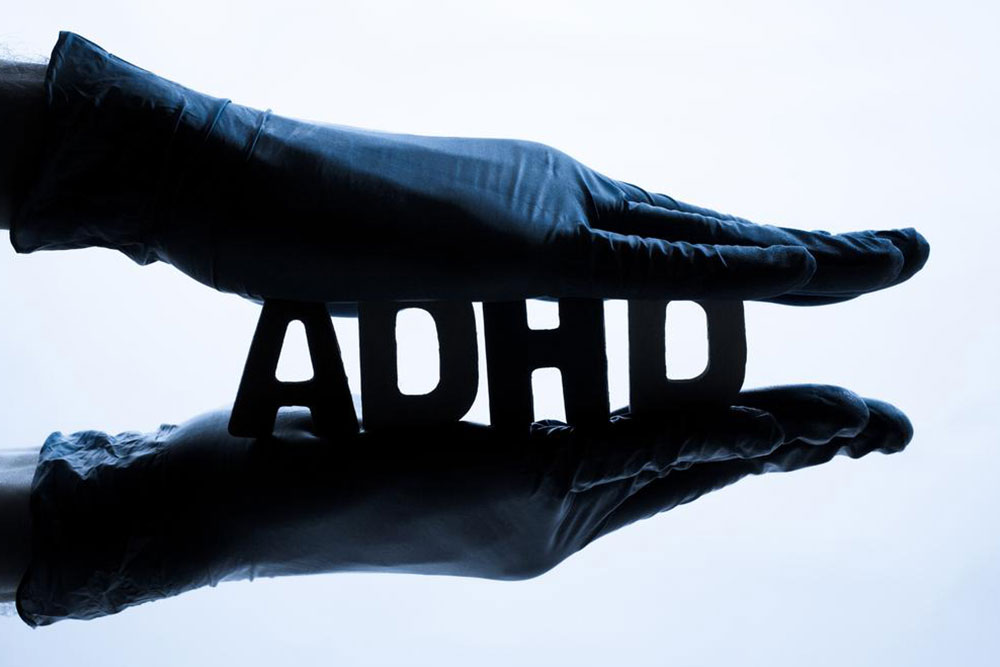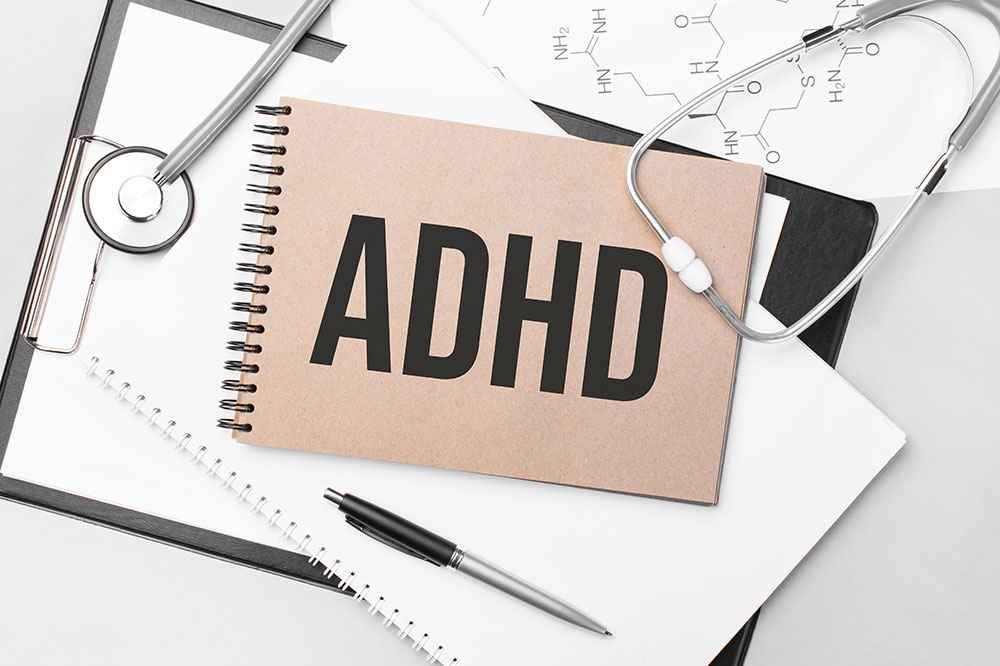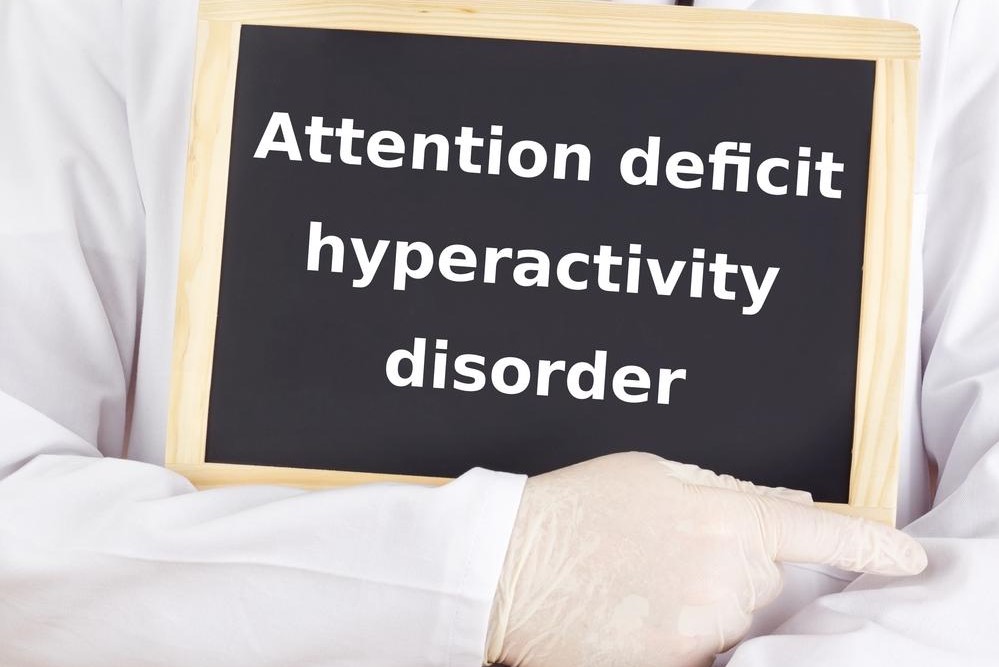A Comprehensive Guide to ADHD: Recognizing Symptoms, Diagnosing, and Managing Treatment
This comprehensive article explores ADHD, covering its symptoms, diagnosis process, and effective treatment options. It emphasizes early detection and multidisciplinary approaches to help individuals manage their condition and improve their quality of life. Learn how medication, therapy, and lifestyle changes can make a difference in living successfully with ADHD.

Understanding Attention Deficit Hyperactivity Disorder (ADHD)
Attention Deficit Hyperactivity Disorder (ADHD) is a complex neurological condition that influences a person's ability to focus, control impulses, and regulate activity levels effectively. While commonly associated with children, ADHD can persist into adulthood, affecting various aspects of daily life, including work performance, relationships, and overall well-being. It is estimated that approximately 3-4% of the global population experience ADHD, making it a significant public health concern that warrants attention and awareness.
ADHD manifests through a wide range of symptoms, which can vary from person to person. Typically, individuals with ADHD struggle with maintaining attention, often becoming easily distracted or forgetful. They may experience impulsivity, making hasty decisions without considering consequences, and hyperactivity, characterized by excessive movement or restlessness. These symptoms can manifest differently depending on age; for example, hyperactivity may decrease with age, but inattentiveness and impulsivity often persist.
Individuals dealing with ADHD may also encounter emotional and psychological challenges, such as mood swings, anxiety, depression, headaches, and difficulties in forming and maintaining healthy relationships. Social interactions can become strained, and organizational challenges can significantly interfere with daily responsibilities, including work, studies, and personal life.
Recognizing the symptoms is the first step toward effective management. Common signs include difficulty focusing on tasks, frequent distractibility, frequent forgetfulness, impulsivity, restlessness, and challenges in sustaining attention during conversations or activities. Children may exhibit excessive fidgeting, inability to sit still, or outbursts, while adults might experience similar difficulties in a more subdued form.
Accurate diagnosis is vital and must be carried out by qualified mental health professionals, such as psychologists or psychiatrists. Diagnostic procedures typically involve comprehensive interviews, behavioral assessments, and sometimes standardized rating scales. It is essential to differentiate ADHD from other conditions with similar symptoms, such as anxiety disorders, mood disorders, or learning disabilities, to ensure appropriate treatment strategies.
Once diagnosed, managing ADHD involves a multidisciplinary approach that combines various interventions tailored to the individual's needs. Medication remains a common treatment, with stimulants like methylphenidate and amphetamines being the most prescribed. These help to increase focus and reduce impulsive behaviors, but they must be carefully monitored and adjusted by healthcare providers.
Alongside medication, behavioral therapy plays a crucial role in teaching coping strategies, organizational skills, and emotional regulation. Cognitive-behavioral therapy (CBT) helps individuals develop practical skills to manage their symptoms and improve their daily functioning. Additionally, lifestyle changes such as establishing structured routines, setting clear goals, practicing mindfulness, and adopting healthy habits like regular exercise and proper sleep can significantly enhance quality of life.
Educating family members, teachers, and peers about ADHD fosters understanding and support, which are vital components of successful management. Support groups and counseling services can provide additional assistance, helping individuals navigate social challenges and emotional difficulties associated with ADHD.
Early diagnosis and intervention are critical in minimizing the impact of ADHD. With appropriate treatment and support, individuals can lead productive, fulfilling lives. Awareness campaigns and continued research are essential to advancing our understanding of ADHD, reducing stigma, and improving intervention strategies.
In summary, ADHD is a multifaceted condition that requires comprehensive management. Recognizing the symptoms early, obtaining a proper diagnosis, and implementing a combination of medication, therapy, and lifestyle modifications can greatly improve outcomes for those affected. As understanding of ADHD continues to grow, so does the hope for better support and treatment options, enabling individuals to thrive despite their challenges.





